As a mother raising a Black boy, I’m beginning to understand something I wasn’t always taught to prioritize: the power of Black male mentorship. The kind that shows up not just as discipline, but as presence. Patience. Guidance. Vulnerability. There’s a real gap in how we support our sons and a deeper one in how we support the men they grow into.
I’m grateful for the many Black men doing the work of filling that gap. Phil Agnew is one of those men. He’s a longtime community organizer and co-founder of the national collective,
. Founded in 2020, the
is rooted in healing spaces, political education and survival programs. Through that work, Agnew is helping reshape what it means to be a Black man in this country, not just politically, but emotionally, relationally and spiritually.
Photo courtesy of Phil Agnew.
Phil’s sense of community runs deep. “I grew up, I’m the son of preachers and teachers,” he told me. “My school was right down the street from my house. My mother worked at my school. My grandmother worked at my school. All my teachers, my mom knew them for like 20 years.” His entire world — school, church, even his first girlfriend — was rooted in relationships, family and familiarity. “I don’t know anything but community,” he shares. “I don’t know how to survive and thrive without having that.”
Still, mentorship beyond family ties was something he craved. “I didn’t really have [it] until I went to FMU and I joined a fraternity and I had other people around me,” he says. “Other people would tell me when I’m erring and not on my square, or I’m operating in a plane that’s beneath me. There are role models and there are inspirations, but mentorship is a little bit more intentional.”
That intentionality is something Black Men Build is working to scale. Their men’s circles offer collective mentorship; spaces where brothers share experiences, lessons and accountability. But the need runs deeper, especially for the next generation. “I always yearned for it,” Phil said. “It’s not automatic.”
We talked about the loneliness epidemic among men, the sobering suicide rate for Black boys, and how social media compounds it all. “The internet is exacerbating the alienation, the isolation, the individualism, the consumerism, the [comparisons] to another person.” But it’s not new, he said. “For the last 400 years, we have faced this same crisis of capitalism, white supremacy and patriarchy. That is a dehumanizing culture to live in.”
So what do Black boys need? “We need revolution,” he told me. “Cliché, right? But what Black boys need, and what I wish I had, was a plethora, a variety, a cornucopia, a diversity, a litany of different images of what it means to be a grown or older person like them.”
But none of this happens in a vacuum. Phil doesn’t just want boys to be told they can cry. “We don’t say this enough, but you should also be able to laugh,” he says. “I grew up in a community where if you laugh too much, [people] would be like, ‘You goofy.’”
That freedom, emotional, spiritual, and cultural, can’t happen without safety. “You kind of gotta ask, low-key,” he said of mentorship. “I think for there to be a real mentorship relationship, there should be a level of like, ‘Hey brother, I see something in you that I think I would like more of to model in myself. Can you help me along that path?’”
Phil isn’t just thinking about systems; he’s doing the inner work, too. “I had to face myself in a way that I had never had to do before. Why do you fear or hate being alone so much? Why do you look for so much validation outside of yourself?”
As our conversation concluded, Phil hardped on how vulnerability can’t be expected unless it’s made safe and modeled by a trusted source. “We are trying to do [that],” he said, “Show that there is not one way to be a man.”

 5 hours ago
4
5 hours ago
4







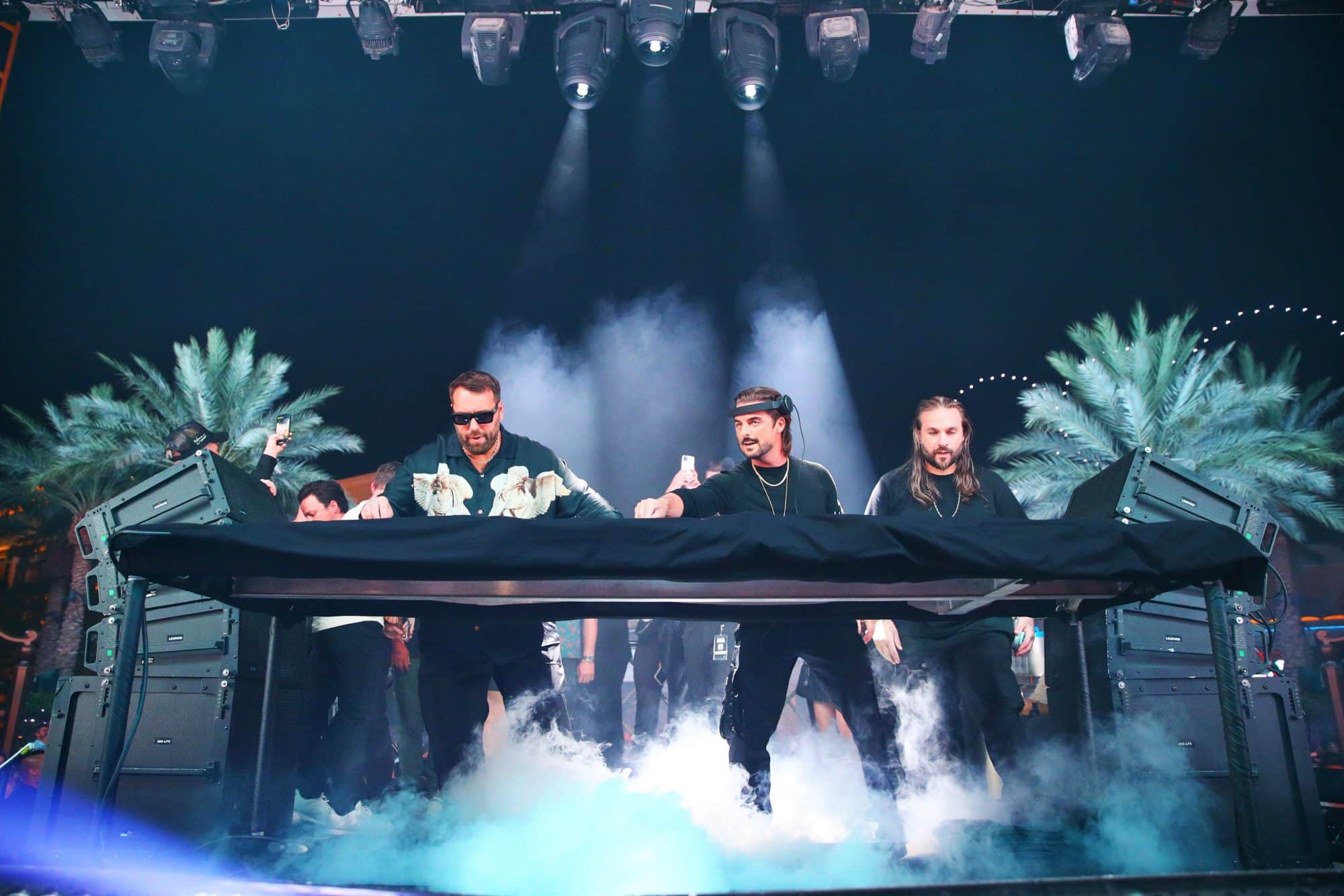
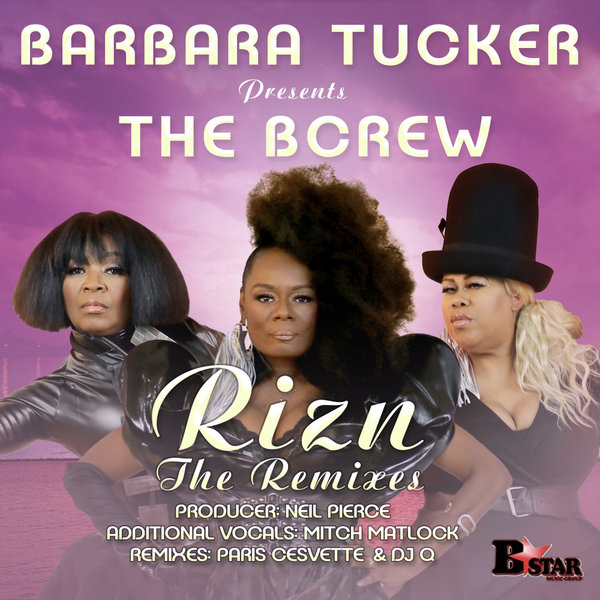






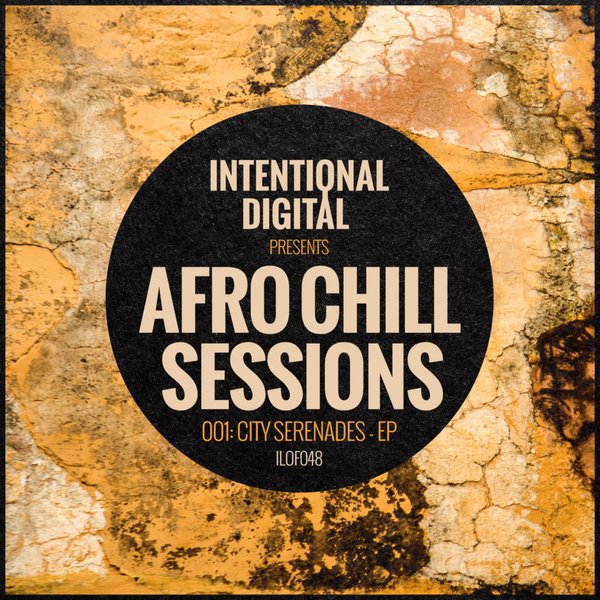
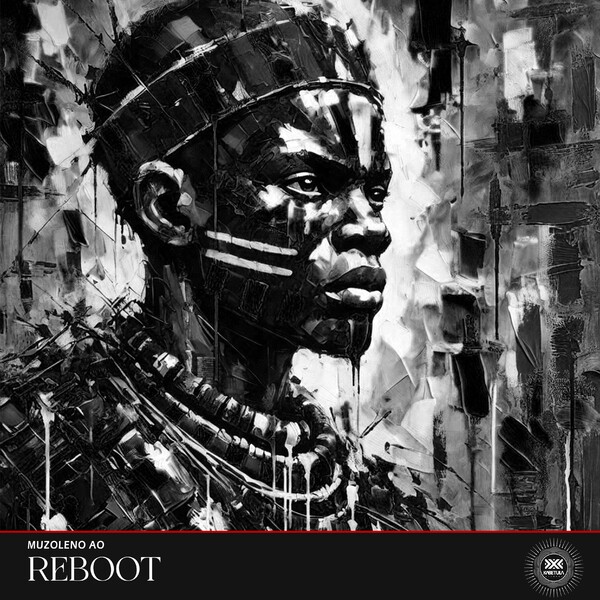
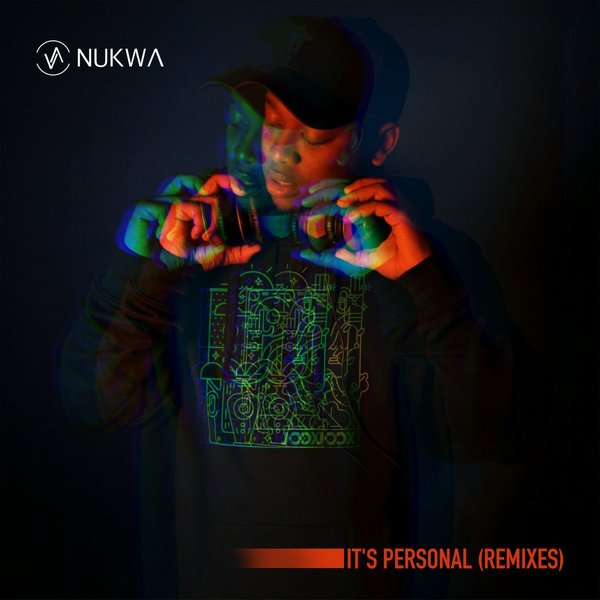

 English (US) ·
English (US) ·